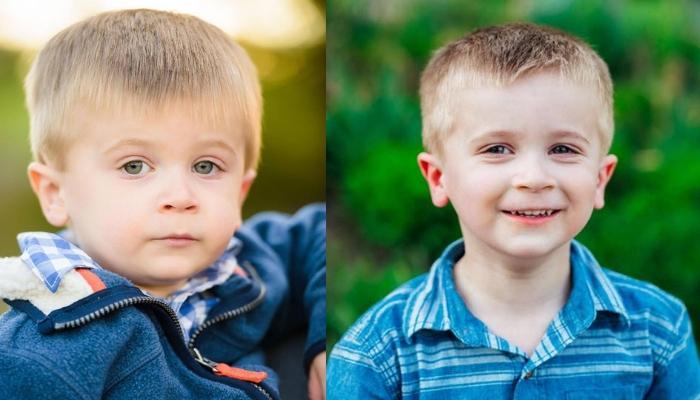Recognizing Early Signs of Autism in Your Child
Autism is a complex condition affecting approximately one in every 100 children. This group of related disorders shares a core set of symptoms that appear in infancy and early childhood, impacting crucial developmental areas such as speech, play, and social interactions. As a parent, it’s vital to be vigilant for early signs of autism in your infant. While a formal diagnosis typically occurs around age 2 or 3, symptoms often emerge between 12 and 18 months. Early identification can significantly enhance the effectiveness of homeopathic treatments.
General Signs of Autism in Infants
Some early signs of autism can be observed as early as two months. If you notice only one or two of these signs occasionally, it might not be a cause for alarm and could indicate other developmental issues or nothing at all. However, persistent signs such as a lack of eye contact (e.g., not looking at you during feeding), not smiling back, not responding to their name or familiar voices, and not following objects visually should prompt a discussion with a doctor.
Other concerning signs include not making noises to attract attention, not initiating or responding to cuddling, not gesturing to be picked up, not knowing how to play with toys or excessively lining up toys and objects, being overly attached to a particular toy or object, and lacking social interest and enjoyment.
Specific Signs of Autism at Different Developmental Stages
Certain developmental milestones are crucial for a child’s growth and can help identify potential signs of autism:
- By 2-3 months: The baby isn’t making frequent eye contact.
- By 3 months: The baby isn’t smiling or showing joyful expressions.
- By 6 months: The baby doesn’t laugh.
- By 8 months: The baby isn’t following your gaze or sharing sounds, smiles, or facial expressions.
- By 9 months: The baby hasn’t started babbling.
- By 1 year: The baby doesn’t consistently respond to their name or wave goodbye.
- By 12-14 months: The baby hasn’t said a single word.
- By 14 months: The baby isn’t pointing or gesturing to show interest.
- By 18 months: The baby doesn’t engage in pretend play.
- By 24 months: The baby isn’t using two-word meaningful phrases without imitating or repeating.
The Role of Homeopathic Intervention for Early Signs of Autism in Infants
I generally do not prescribe autism-specific homeopathic medicines to children under 18 months. However, I have seen success in treating developmental delays with remedies like Calcarea Carbonica (Calcarea Carb). In cases where early signs of autism are present, I recommend using Calcarea Carb, which has shown great results, particularly when used in a decimal scale.
Early intervention is key to supporting children with autism, and homeopathic treatments can play a crucial role when started at the right time. If you notice any of the signs mentioned above in your child, consulting with a healthcare professional and considering homeopathic options can be beneficial.




